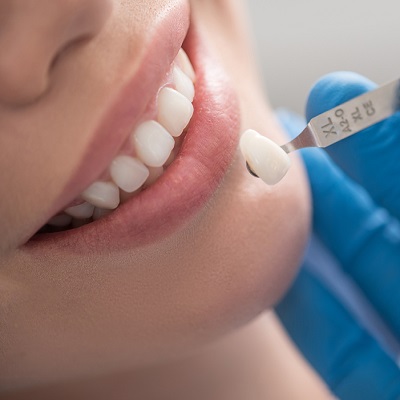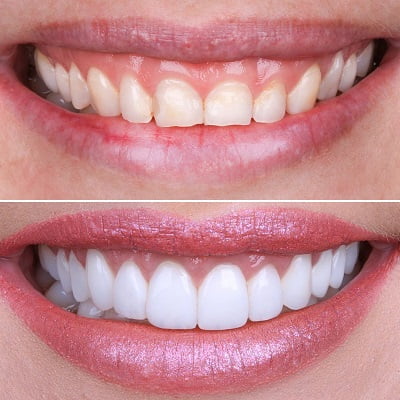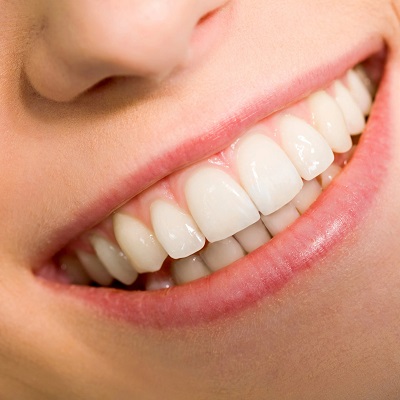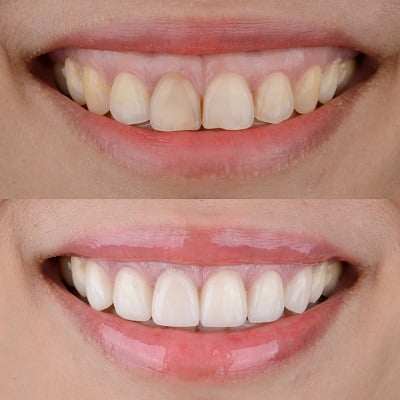
Sometimes, the tooth may suffer from a sudden trauma or injury. This may become the cause of tooth damage. On top of broken teeth are coverings called dental crowns. When fillings can’t fix the problem, crowns are used for the intended function of teeth. Materials suitable for dental crowns include metals, porcelain, resin, and ceramics. Other than maintaining consistent oral hygiene, they normally don’t need particular maintenance over time. This article will explain to you All About Dental Crowns by the Best Dentist in Islamabad.
Reasons for Getting Dental Crowns:
Several factors can necessitate the use of a dental crown, including:
- Preventing the breakage of a tooth that is fragile (perhaps due to decay) or keeping the tooth intact if it is broken in some places.
- Repairing a severely damaged or shattered tooth.
- Having little remaining tooth structure and a big filling to cover and support a tooth.
- If you want to support your dental bridge.
Types of Dental Crowns:
Crowns may be made of several materials, such as:
- porcelain
- ceramic
- zirconia
- metal
- the resin composite
- an assortment of materials
As an alternative to an all-porcelain crown, you might have a porcelain crown that is bonded to metal.
Your dentist will take into account the following when choosing the material for your crown:
- Exactly where your tooth is
- What proportion of the tooth will be visible when you smile
- Your gum tissue’s location
- The function of the tooth that needs a crown
- The naturally present portion of teeth
- The hue of the teeth nearby
Temporary crown
A temporary crown is precisely what it says it is. It’s a crown that won’t stay in your mouth for very long.
Onlay or 3/4 crown
Only a piece of the tooth is covered by certain crowns. Your dentist might advise an Onlay or 3/4 crown if you don’t require a full crown.
One-day crown
You can get a crown in a single appointment.
What is the Procedure for Getting a Dental Crown?
Initial Exam
Your dentist will take the X-ray and perform the required tests.
Preparing the Tooth
By scraping away a portion of the tooth’s outer coating, the dentist will often prepare the tooth.
The thickness of the crown will match that of the layer that was removed.
Impressions and Crown Fabrication
A dental professional creates a mold of the tooth to be covered with a crown and sends it to a technician to create the crown.
In order to blend in, the color can frequently be matched to the shade of the surrounding teeth.
While the permanent crown is being produced, you can be offered a temporary crown to get you by.
When the permanent crown is prepared, the dentist uses adhesive or dental cement to fit it in position.
What is the Cost of Dental Crowns?
Depending on the material and your insurance, the price of a crown may vary. Crowns made of all-metal or metal-ceramic (PFM) may cost more than crowns made entirely of ceramic. All-ceramic crowns can be more technique-sensitive in some cases, like CEREC crowns, which could explain why they are more expensive. The cost of dental crowns may be partially covered by insurance. However, the insurance may only pay a small portion of the surgery or nothing at all if your crown is seen as just cosmetic.
Advantages of Dental Crowns:
Various dental problems are treated by dental crowns. Some of them are:
- It is used to cover the decayed tooth
- Tooth protection
- Prevent further harm from occurring to a worn-down tooth.
- Following a root canal, safeguards a tooth.
- When a tooth is severely fractured or cracked, hold it together.
- Wrap a dental implant
- A tooth’s form or color can be altered to improve attractiveness.
Dental Crowns: Are There any Alternatives?
Dental crowns have substitutes available. Veneers, which are thin layers affixed to the front of teeth, may be an option if you want to improve discoloration. Your dentist might also try to use filling material to repair the structure of your chipped tooth.
What is the Lifespan of a Crown?
Typically, crowns last for at least fifteen years. Nevertheless, some might only endure a few years. How long the crown lasts depends on the material, your diet, your oral health, and the crown’s placement.
Why Choose Us for Dental Crowns?
We are aware of your options while selecting a dentist. Patient treatment that is individualized, sensitive, and thorough is our top goal.
Our practice is distinctive in the following ways, to name just a few:
- Care and Commitment
- Comprehensive dental care in one location
- Comfort
- Personalized service
So if you are still thinking of getting dental crowns, you can book your consultation at SKN Cosmetics Surgery In Islamabad by calling us directly or filling out the form below.









